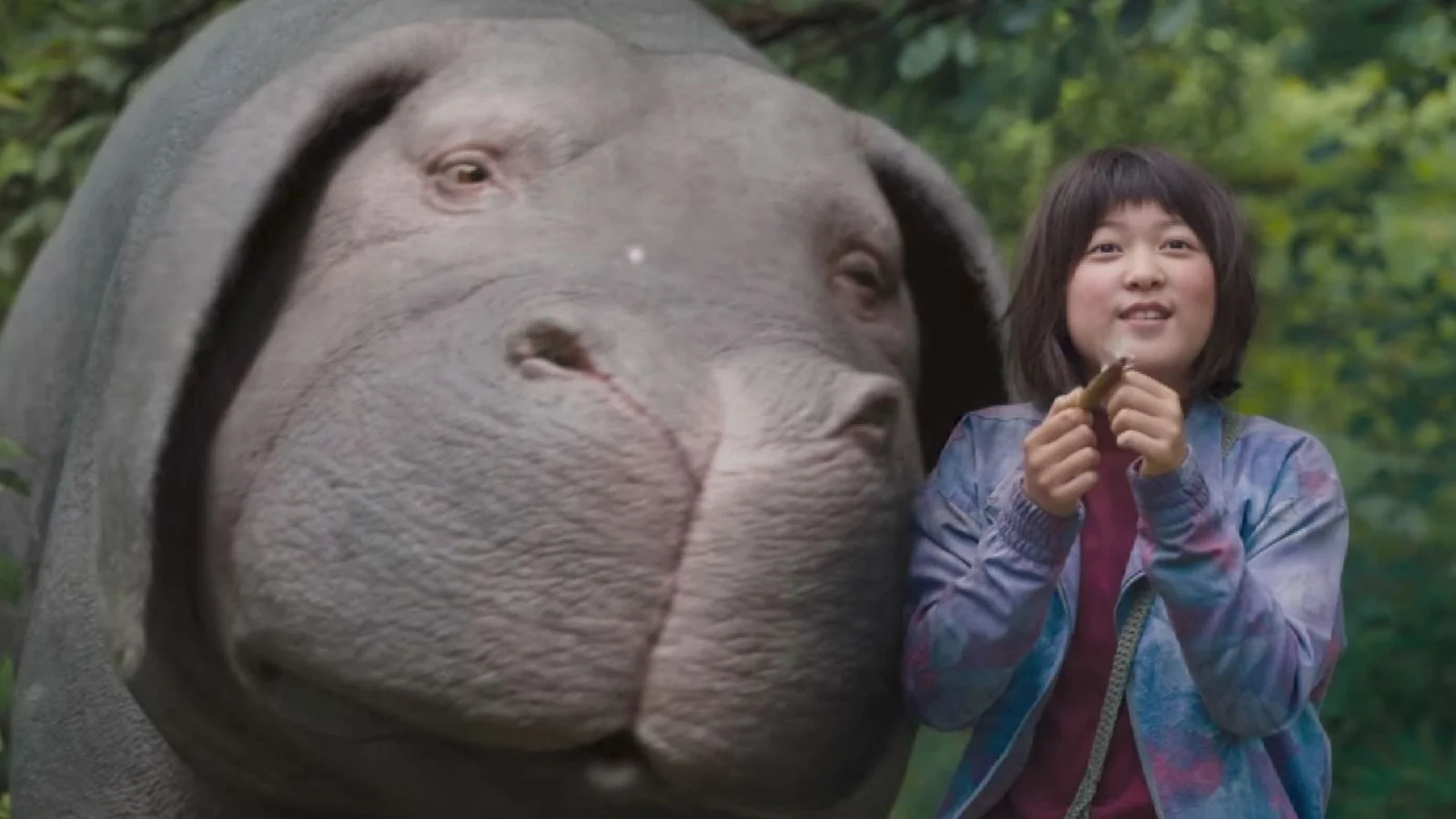NYAFF 2017: Battle of Memories
Battle of Memories opens in a not-too-distant future China, where Jiang Feng (Huang Bo) has become estranged from his fellow writer and wife Zheng Daichen (Jinglei Xu). To rid himself of the pain their impending divorce has caused him, Feng undergoes a procedure, not unlike the one Jim Carrey had in Eternal Sunshine of the Spotless Mind and has memories of her erased, or rather, his emotional connection to them.
The wrinkle comes in, here, in that Daichen convinces Feng to have the memories restored before their divorce is final. Feng gets the memory restoration and is told that he has 72 hours before the restored memories are permanent. Afterward, he is haunted by disturbing visions of himself, committing murders he feels are someone else’s memories. And so begins the clock ticking away until he either finds the killer or is left with the police’s suspicion and permanent memories of the deed.
Leste Chen directs a twisty, sci-fi narrative here, that builds upon themes of identity and memory laid down in previous films like Strange Days and Dark City. Chen treats the moments of memory recall with a strong sense of dream logic, with scenes out of order or completely mystified in the haze of old memory. Along with Feng, we’re brought along through a series of disjointed, surreal vignettes that display Feng himself acting out memories he’s clearly not at home within. Feng spends much of the movie confused, along with the audience, but his moments of clarity snap everything back into focus for the narrative, as well as the viewer.
Those memories take their toll on Feng too. His frantic search for clues, for the killer, and to get the killer’s memories finally removed before it’s too late, leaves him haggard and unrecognizable to Daichen, whom he’s trying to protect as the killer closes in on her.
Chen’s approach to presentation for the memories and present day is smart, in that they’re easily told apart. But Chen also uses the scenes in present day to leverage the audience’s own memory for callbacks to tip his hand and play with dramatic irony, keeping the tension going just as the pieces fall into place. And those pieces fall into place in a very satisfying way; Feng finds out information only just after the audience. For those moments where he’s unaware, though, the effect the memories take on him has the viewer worried as to what he’ll do as he gets increasingly desperate.
Feng’s desperation comes from the confounding nature of memory itself, returning to him in fragments, and breaking into fractals of dream logic. Feng lucidly dreams in an attempt to find new clues and details to track down once he’s awake. Chen’s staging and direction present the memory moments just as dreams would to us; words are jumbled, reflections don’t exist, and nothing tangible can be affected by the dreamer. Chen presents memories as having a permanence the world around Feng is attempting to escape from under. Like them or not, our memories exist as they are, and we live with them, always. That approach strengthens the themes of the story and world he’s presenting here and makes for a film I’d recommend to anyone maybe left unsatisfied by Inception.















